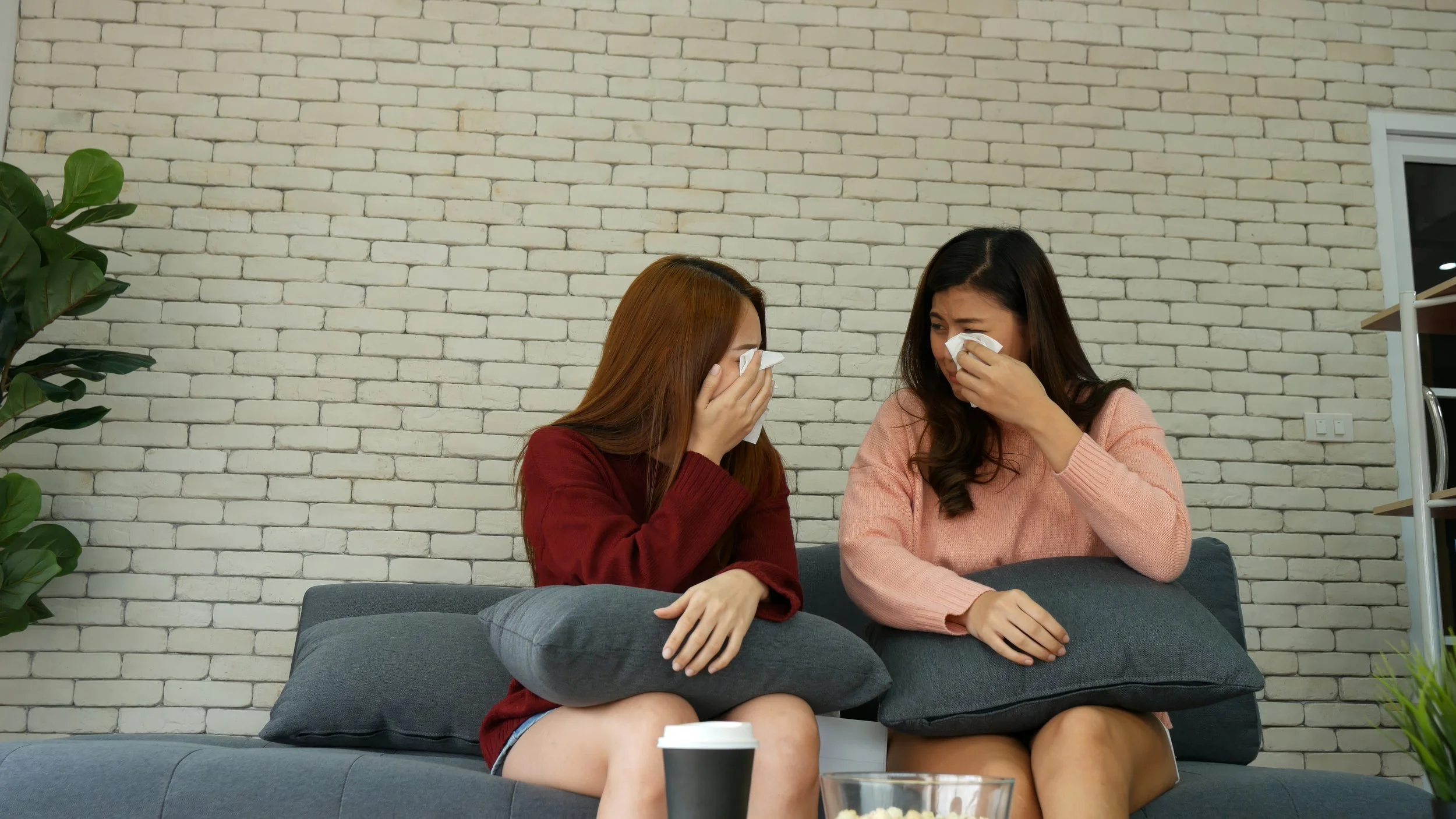Mom always said you can’t help how you feel.
This is true. Our emotions stem from our experiences, both past and present. We can channel them. We can work on how we respond to them. We can subdue them. (I don’t recommend that last one.)
But we can’t make ourselves feel happy when our ex announces their engagement to someone else if that’s not how we feel about it.
The last several days have been emotionally, um, precarious?
The attempted suspension of government operations, the luring of the institutionally knowledgeable away from their government jobs, and the prospect of an anti-science head of our healthcare agencies has been more than a little unsettling.
As a denizen of DC, I usually have the news on during the day, even if it is muted. I am moving away from that a little to try and protect myself from the flat out idiocy of what’s going on downtown.
That pretty much leaves me with game shows, reality TV, and the murder channel.
The murder channel it is!
And, after having watched some truly horrific cases, I have noticed a rather unfortunate phenomenon.
People apologizing for expressing their sadness or horror or rage. Apologizing for needing to take a minute when emotions get the better of them. If someone had deliberately stolen my loved one, I would cry or yell about it, too. I would be uncomfortable, but I sure wouldn’t apologize.
Of course, it’s not just shows on the murder channel that feature people doing this. Any time something bad happens and the people involved are asked to talk about it, someone apologizes for being upset, even on the news.
That’s why they interview those people, right? The drama of negative feelings sells.
But why are they apologizing for feeling the way they do? The situation would invoke trauma in anyone, right?
I think there are a variety of reasons for this. First, cultural norms dictate that we are always happy in public. How many times has someone told you to smile more (especially women)? And our being upset might make other people uncomfortable. Second, many of us have been raised to be people-pleasers, and negative emotions don’t make anyone happy. Third, I think sometimes we fear that expressing anything but positive emotions will be perceived as complaining or being difficult. We think others won’t want to spend time with someone like that.
And lastly, expressing negative emotions makes us vulnerable, sometimes in front of people we don’t know well. (Not only can we not control what we feel, we can’t always control when we feel it.) Apologizing for a negative emotion that makes us feel exposed is an attempt to erase our vulnerability.
I just showed you my soft underbelly. Wait! Don’t look! Sorry, it was a mistake. Nothing to see here.
This happened to me once. I was with an acquaintance at a movie I didn’t expect to echo some of the trauma of my mom’s death. I sat in that theater, crying as everyone left the theater. My companion was patient and kind, but it was a while before I was able to hang out with her again. And, of course, it is an indelible event in my mind, an experience I am unlikely to forget. It was not pleasant, and just reinforced my desire to never emote in public.
To be honest, some of the reasons we fear to express our emotions (or have been conditioned to believe we shouldn’t) may be valid. But it really depends on the people around you. There is no such thing as someone who doesn’t feel negative emotions, and anyone with empathy won’t view you any differently if you express them. That negativity is born from life, and it gives us depth. It would be a lot harder to experience the positive without the negative.
Believe me. When I was younger, I had so much rage and sadness. I suppressed it until it exploded all over me and my family. That wasn’t the right way to handle it, and it took a long time for me to get to the point where I wasn’t suppressing all my “unacceptable” emotions. I still don’t like it, but I have found that, especially with those closest to me, it has opened doors to stronger relationships. When they see me not at my happiest, they see the real me, and they know they can be negative or vulnerable with me as well, and it won’t change anything.
What’s a moment of embarrassment and discomfort when you end up with more security in your relationships?
For the ones who aren’t closest to you, if they hold any kind of emotional expression against you, it might be time to distance yourself from that relationship.
Negative emotion is still part of your greater whole, and there is really nothing to apologize for.

